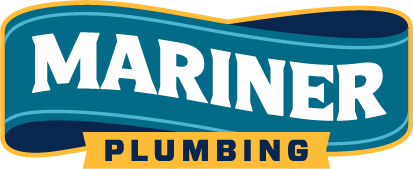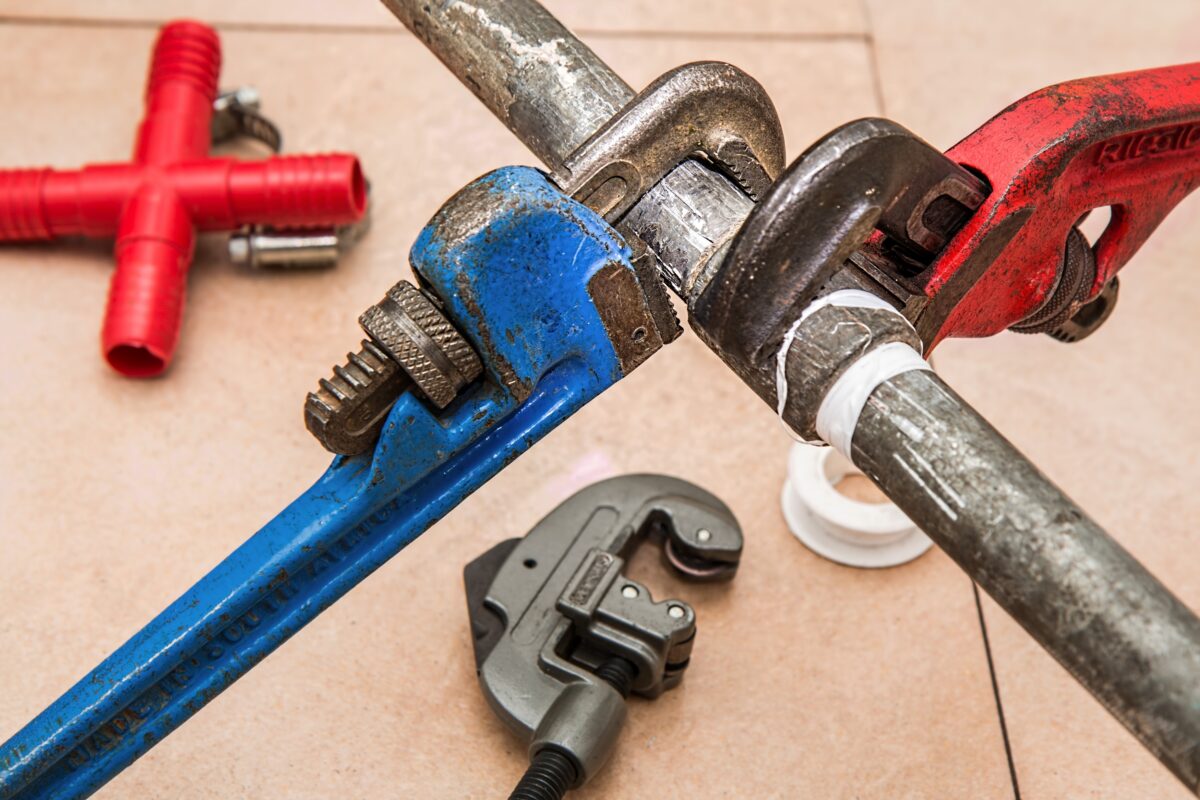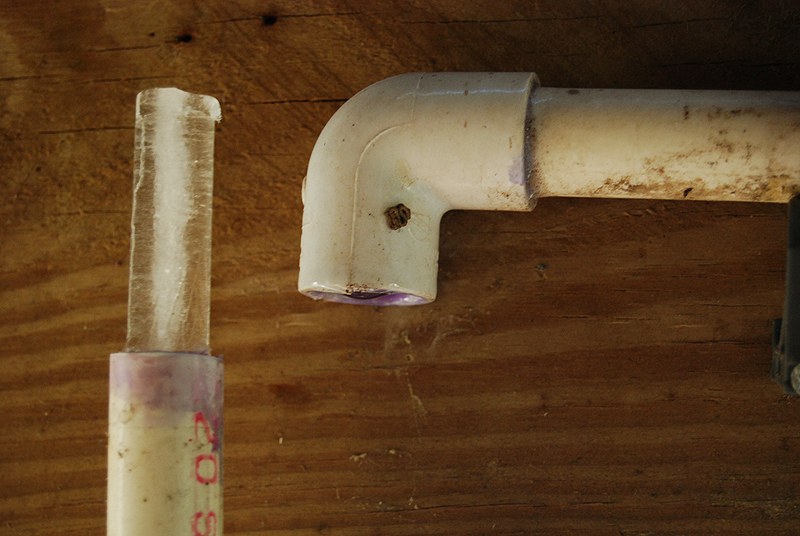Hurricane season brings strong winds, heavy rain, and potential flooding. While you’re busy securing your home and stocking up on supplies, don’t forget about your plumbing system! A little preparation can go a long way in preventing major headaches (and overflows) after the storm.
Before the Storm Hits:
- Clear the Way: Inspect and clean your gutters, downspouts, and drains around your house. Remove any leaves, debris, or blockages that could cause rainwater to overflow and potentially seep into your foundation or clog your plumbing vents.
- Know Your Shutoff: Locate your main water shutoff valve. This will be a lever or wheel somewhere near where the water supply enters your home. Understanding how to turn it off quickly could be crucial in the event of a pipe burst.
- Fortify Your Fixtures: If you have exposed pipes in vulnerable areas like crawlspaces or underneath your house, consider wrapping them with insulation to protect them from freezing temperatures that can sometimes accompany hurricanes.
- Think Backflow: If your home has a well, ensure you have a functional backflow prevention device to stop contaminated water from entering your clean water supply in case of flooding.
- Stock Up on Essentials: Fill a bathtub or large containers with clean water for non-drinking purposes like flushing toilets or washing hands after the storm.
When a Hurricane Watch is Issued:
- Turn Off the Water (Maybe): Depending on the severity of the storm and potential for flooding, you may consider turning off your main water supply as a precaution. This can help prevent flooding if pipes break inside the house. However, only do this if you feel comfortable turning the water back on afterwards.
- Elevate Vulnerable Items: If flooding is a concern, consider elevating any water heaters or sump pumps on cinderblocks or other sturdy supports to minimize water damage.
After the Storm Has Passed:
- Safety First: Before entering your home, wait for official “all-clear” notices and ensure there are no downed power lines or gas leaks.
- Inspect Thoroughly: Check your plumbing system for leaks, cracks, or damage. Pay attention to areas around washing machines, dishwashers, and water heaters.
- Turn On the Water Cautiously: If you turned off your main water supply, only turn it back on slowly and listen for any hissing or leaks. Check all faucets and toilets for proper function before using any appliances connected to the plumbing.
- Call a Professional: If you discover any leaks, bursts, or other plumbing problems, don’t hesitate to call a licensed plumber. Trying to fix major issues yourself could lead to further damage.
By following these simple steps, you can ensure your plumbing system weathers the storm alongside your home. Remember, a little preparation can save you from a lot of stress and potential water damage during hurricane season.



